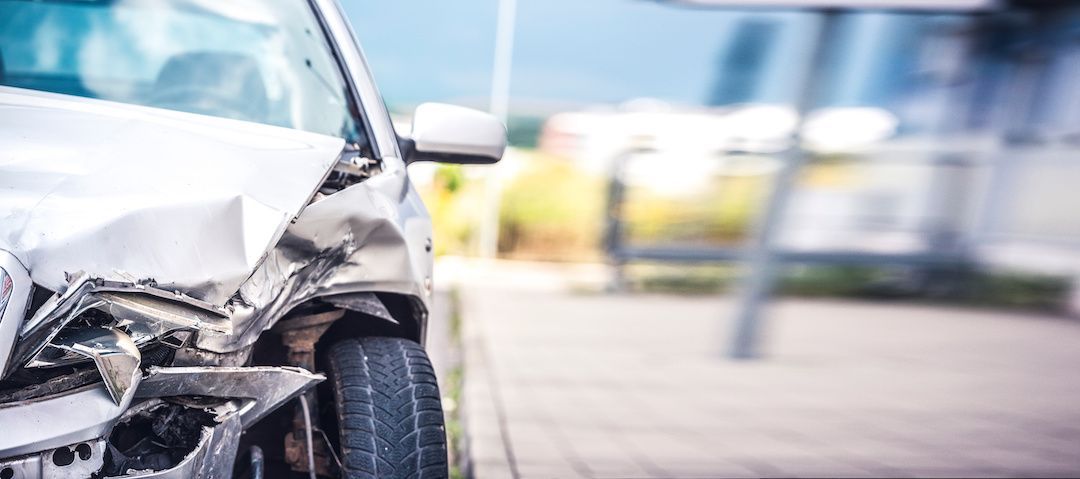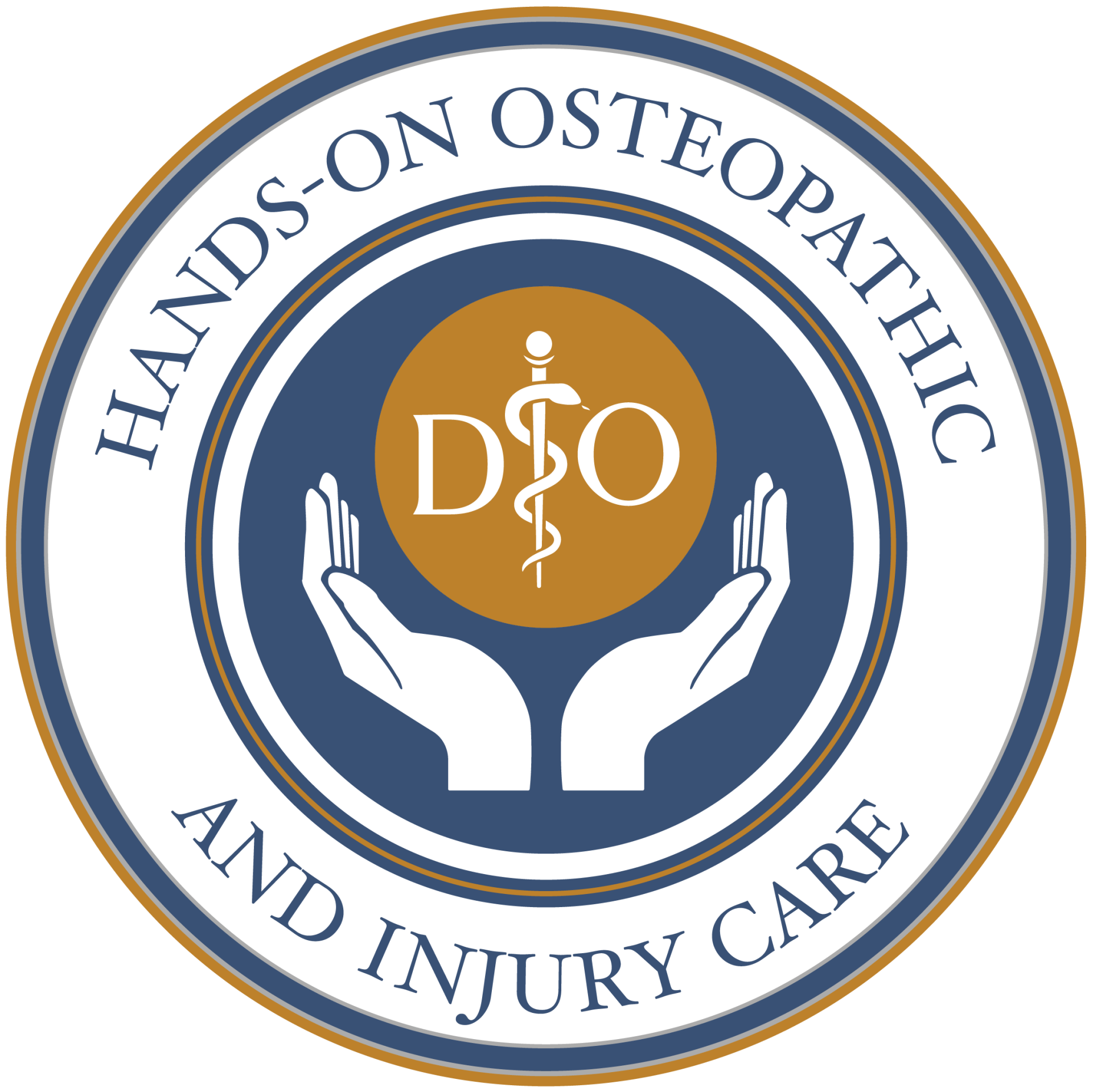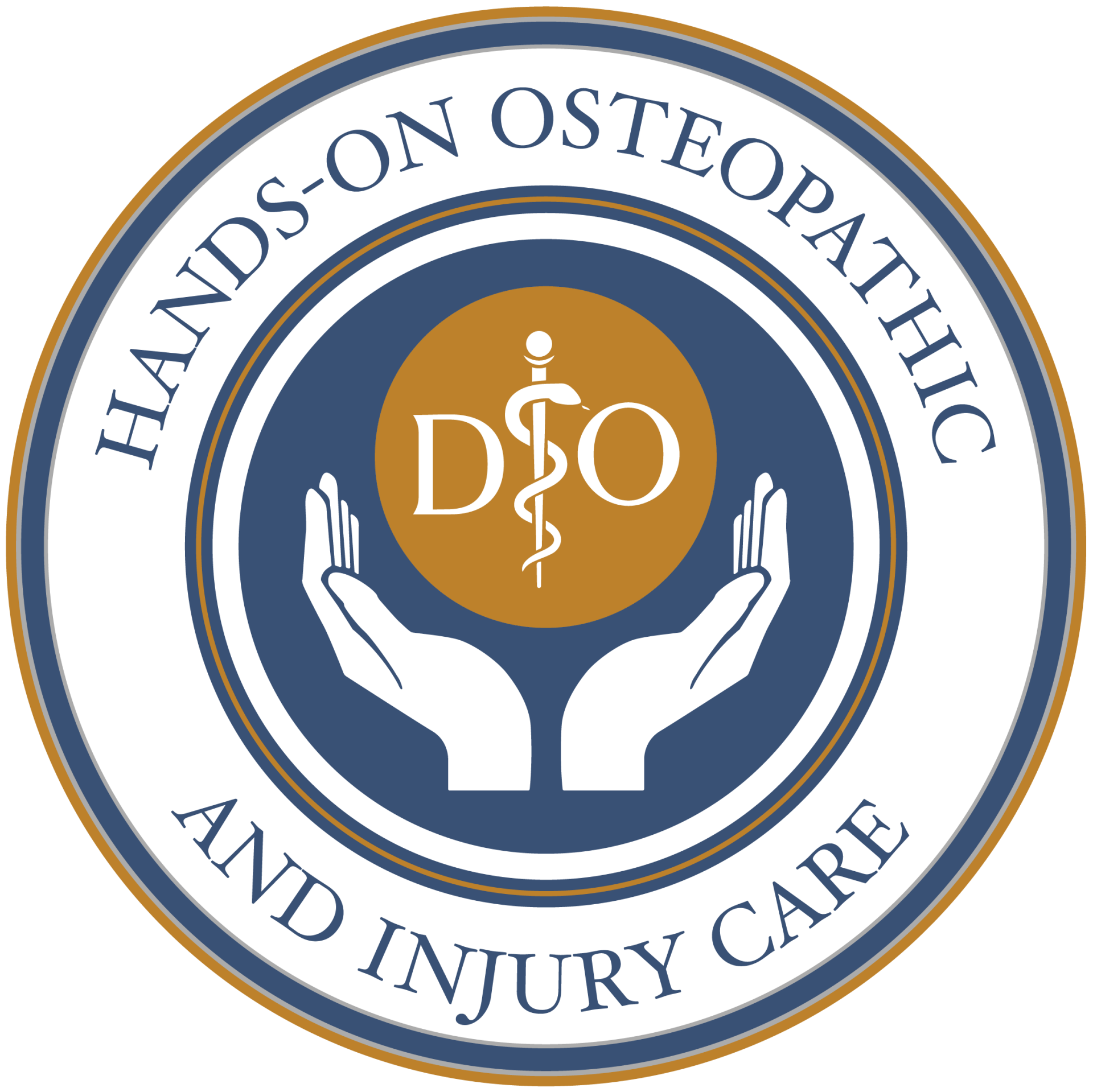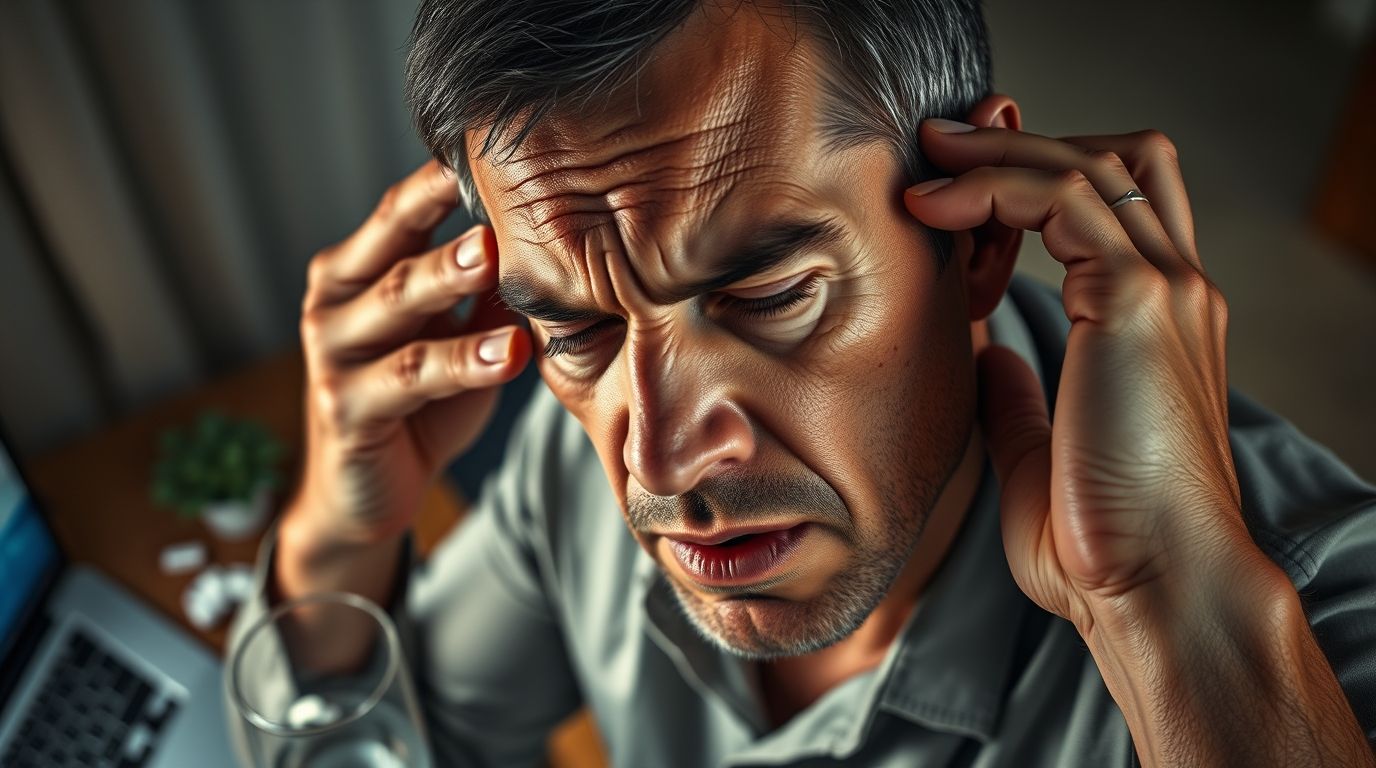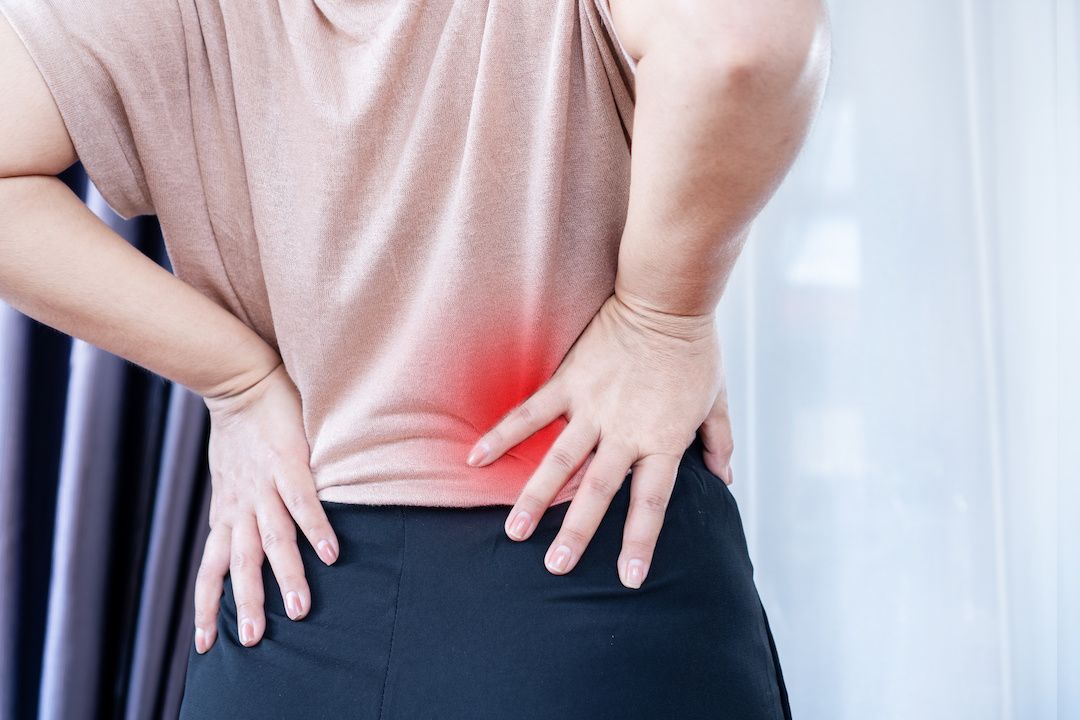Immediate Steps to Take After a Car Accident Injury
Take these steps if you are in a car accident and are injured!
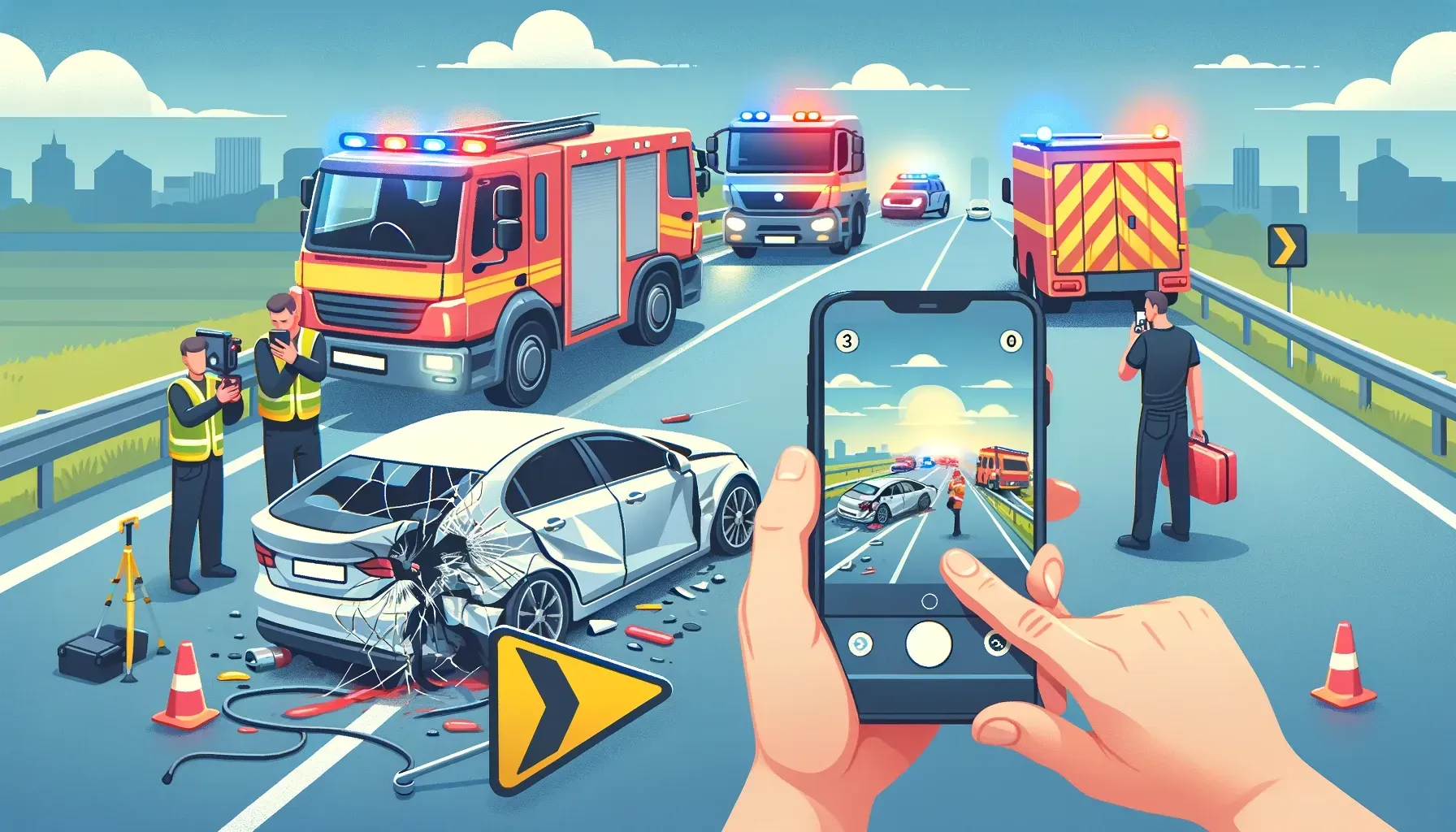
Car accidents can be chaotic and disorienting, especially if you realize you're injured. Knowing the immediate steps to take can make a significant difference in your recovery, legal standing, and peace of mind.
This comprehensive guide outlines what to do right after a car accident to ensure your safety, protect your rights, and secure your future.
Stay Calm and Assess the Situation
The moments following a car accident can be overwhelming. Staying calm is crucial to effectively managing the situation. Take deep breaths and try to remain composed. Assess your surroundings and check yourself for any visible injuries. Calmness will help you think clearly and act wisely.
Ensure Safety
Your safety is paramount. If the accident occurs in a busy area or your vehicle is in a dangerous position, move to a safer location if you can do so without causing further injury. Turn on your hazard lights to alert other drivers. If you are seriously injured, it’s best to stay put and wait for emergency services.
Call Emergency Services
Immediately dial 911 to report the accident and request medical assistance. Provide the dispatcher with accurate information about your location, the nature of your injuries, and any immediate dangers. Even if you think your injuries are minor, getting a professional medical evaluation is essential.
Document the Scene
If you are able, use your smartphone to take photos and videos of the accident scene. Capture multiple angles of the vehicle damage, road conditions, and any visible injuries. This visual evidence is critical for insurance claims and potential legal actions. Make sure to include pictures of traffic signs, road markings, and the overall environment.
Exchange Information
Exchange contact and insurance information with the other driver(s) involved. Collect their name, phone number, address, driver's license number, license plate number, and insurance policy details. Avoid discussing fault or making any statements that could be used against you later. Stick to the facts when speaking with others at the scene.
Seek Immediate Medical Attention
Regardless of how you feel immediately after the accident, seek medical attention as soon as possible. Some injuries, such as whiplash or internal trauma, may not manifest immediately. A thorough medical evaluation can identify hidden injuries and provide necessary treatment. This documentation is also vital for any future legal claims.
Notify Your Insurance Company
Report the accident to your insurance company promptly. Provide them with accurate details of the incident and any documentation you have collected, including photos and medical reports. Cooperate fully with their investigation to ensure your claim is processed efficiently.
Keep Detailed Records
Maintain detailed records of all medical treatments, expenses, and any time missed from work due to the accident. Keep copies of medical reports, receipts, and any correspondence with insurance companies. This documentation supports your claims and can be invaluable in legal processes.
Consult with a Personal Injury Attorney
If your injuries are severe or if there are disputes about fault or insurance coverage, consult with a personal injury attorney. An experienced attorney can protect your rights, provide legal advice, and help you navigate the complexities of auto injury claims. They can also help you understand the potential compensation for your injuries and losses.
Follow Up on Medical Care
Adhere to your prescribed medical treatment and follow up with healthcare providers. Document any changes in your condition and report them to your doctor. Consistent medical follow-up is crucial for your recovery and provides ongoing documentation for your case.
Understanding Auto Accident Injuries
Auto accidents can cause a range of injuries, from minor cuts and bruises to severe trauma. Common injuries include whiplash, fractures, concussions, and internal injuries. Understanding the types of injuries you might experience can help you seek appropriate medical care and legal advice.
Whiplash Injury Treatment
Whiplash is a common injury in car accidents, caused by the sudden back-and-forth movement of the neck. Symptoms include neck pain, stiffness, and headaches. Treatment may involve rest, physical therapy, pain management, and sometimes chiropractic care. Early diagnosis and treatment are key to recovery.
Legal Advice for Auto Injuries
Navigating the legal aftermath of an auto injury can be complex. Seeking legal advice ensures you understand your rights and options. An attorney can help you gather evidence, negotiate with insurance companies, and represent you in court if necessary. They can also assist in calculating the compensation you deserve for medical bills, lost wages, and pain and suffering.
Auto Injury Settlement
Auto injury settlements compensate victims for their injuries and losses. The settlement process involves negotiating with insurance companies and, sometimes, filing a lawsuit. Factors influencing the settlement amount include the severity of injuries, medical expenses, lost wages, and the impact on your quality of life. An attorney can guide you through this process to ensure you receive fair compensation.
Hands On Osteopathic - Expert Auto Injury Doctor in Orlando
Experiencing a car accident and realizing you are injured can be overwhelming. By following these immediate steps, you can ensure you receive the necessary medical care, protect your legal rights, and facilitate a smoother recovery process. Remember, your health and safety are paramount, so seek immediate medical attention and follow through with all recommended treatments. Consulting with a personal injury attorney can further safeguard your interests and help you navigate the complexities of auto injury claims.
If you are looking for professional medical care after a car accident, contact Hands On Osteopathic, your trusted auto injury doctor in Orlando. We are dedicated to providing top-tier medical treatment and ensuring you receive the care and attention you need for a full recovery. Visit us today to learn more about our services and how we can help you get back on track after an auto injury.
For more information on how to handle
auto injuries and protect your rights, contact our expert team at
Hands On Osteopathic. We are committed to your well-being and are here to support you every step of the way.
Schedule An Appointment
Have a question? We’re here to help. Send us a message and we’ll be in touch.

